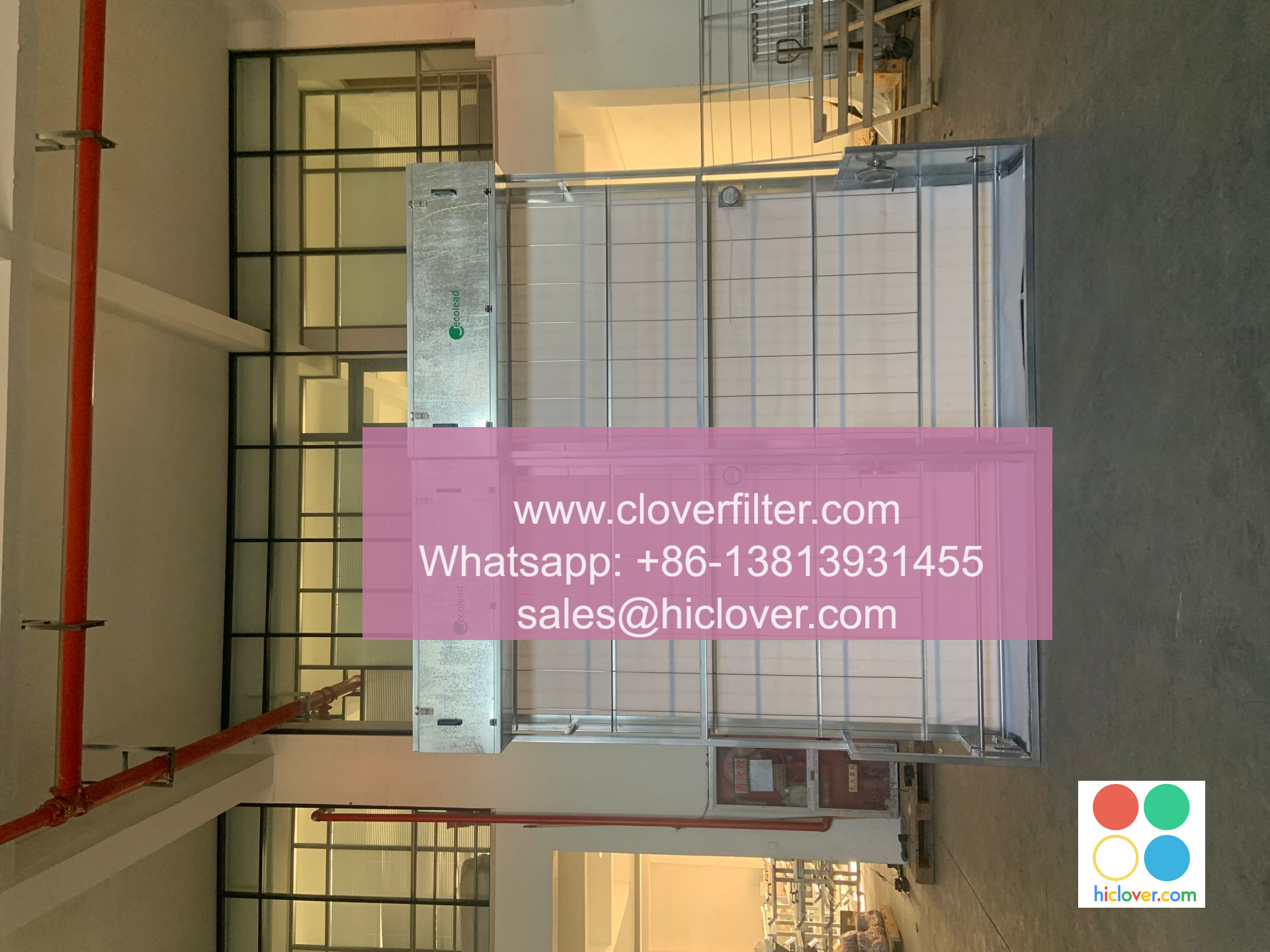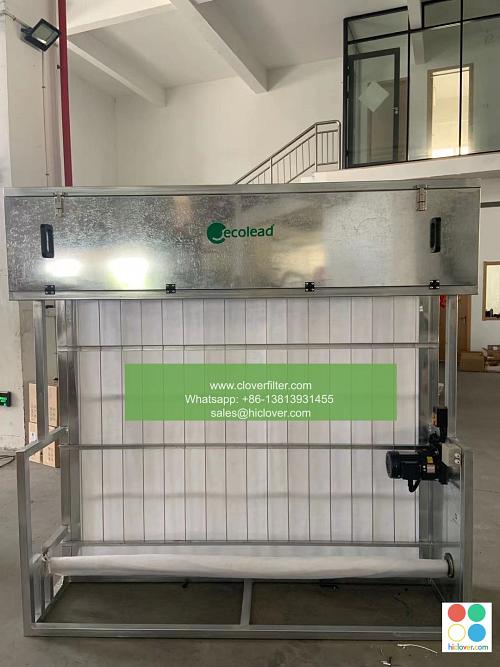Filtering Out Pollution: The Role of Air Filters in Reducing Emissions

As the world grapples with the challenges of climate change, air pollution, and environmental degradation, the importance of air filtration systems cannot be overstated. Air filters play a crucial role in reducing emissions and mitigating the harmful effects of pollutants on the environment and human health. In this article, we will explore the significance of air filters in various application areas and highlight their potential to create a sustainable future.
Industrial Air Filtration: A Key Player in Emission Reduction
In industrial settings, air filters are used to capture particulate matter, volatile organic compounds (VOCs), and other hazardous pollutants that can harm the environment and human health. By using high-efficiency air filters, industries can significantly reduce their emission levels and comply with environmental regulations. For example, cement plants and steel mills use baghouse filters to capture PM2.5 and other fine particulates, while chemical plants use activated carbon filters to remove VOCs and other gaseous pollutants.
Vehicular Air Filtration: Cleaning the Air on the Go
The transportation sector is a significant contributor to air pollution, with vehicles emitting nitrogen oxides (NOx), particulate matter, and other pollutants. Vehicular air filters can help reduce these emissions by capturing pollutants before they are released into the atmosphere. Catalytic converters and particulate filters are examples of air filtration systems used in vehicles to minimize emissions and improve air quality.
Commercial and Residential Air Filtration: Breathe Easy Indoors
Air filters are not just limited to industrial and vehicular applications. They are also used in commercial and residential settings to improve indoor air quality. HEPA filters, activated carbon filters, and UV air purifiers are popular choices for homes and offices, as they can remove allergens, bacteria, and other indoor pollutants. By using high-quality air filters, individuals can create a healthy indoor environment and reduce their exposure to airborne pollutants.
Agricultural Air Filtration: Protecting the Food Chain
The agricultural sector is another area where air filters play a vital role. Farm equipment and livestock facilities can generate significant amounts of dust and pollutants, which can harm crops and animals. By using air filters, farmers can reduce the emission levels from their operations and create a healthier environment for their crops and animals. For example, greenhouse air filters can remove CO2 and other gaseous pollutants, while barn air filters can capture dust and odor-causing particles.
Conclusion: Filtering Out Pollution for a Sustainable Future
In conclusion, air filters play a critical role in reducing emissions and mitigating the harmful effects of pollutants on the environment and human health. By using high-quality air filters in various application areas, we can create a sustainable future where air quality is improved, and public health is protected. As the world continues to grapple with the challenges of climate change and environmental degradation, the importance of air filtration systems will only continue to grow. By investing in air filters and air purification technologies, we can breathe easy knowing that we are doing our part to filter out pollution and create a healthier environment for generations to come. You haven’t provided a prompt or question for me to respond to. Please provide more context or information so I can give you a helpful answer. What would you like to talk about or ask?

